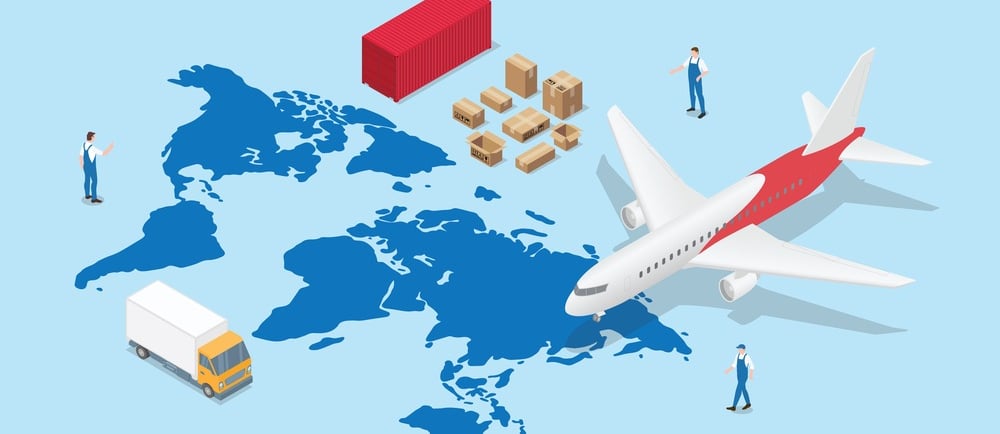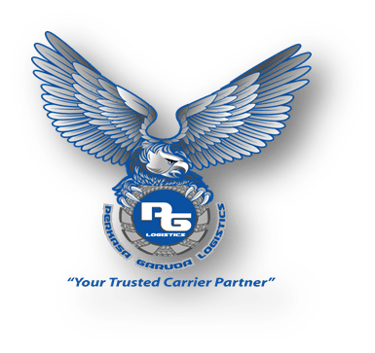The Future of Transportation and Distribution in Malaysia
Explore the future trends in transportation and distribution within Malaysia's logistics industry.
Perkasa Garuda Logistics
5/24/20253 min read


As Malaysia's economy continues to grow, the transportation and distribution sectors are undergoing significant changes. From technological advancements to evolving consumer expectations, the logistics landscape is rapidly transforming. This blog explores key trends shaping the future of transportation and distribution in Malaysia and how businesses can adapt to thrive in this dynamic environment.
1. Increasing Demand for E-commerce Logistics
The rise of e-commerce has reshaped supply chains and logistics operations across Malaysia. Consumers now expect quick, reliable delivery of goods, prompting businesses to rethink their transportation and distribution strategies.
a) Same-Day and Next-Day Delivery
With the surge in online shopping, the demand for expedited delivery services has skyrocketed. Businesses must invest in efficient logistics solutions to meet these expectations. Perkasa Garuda Logistics offers tailored transportation services to ensure your products reach customers promptly, whether for same-day or next-day deliveries in Malaysia.
b) Last-Mile Delivery Solutions
Last-mile delivery, the final step in the shipping process, is critical in ensuring customer satisfaction. This phase is often the most complex and costly aspect of logistics. Companies in Malaysia are focusing on optimizing their last-mile delivery processes to reduce costs and enhance service quality.
2. Emphasis on Sustainability in Transportation
As environmental concerns rise, sustainable logistics practices are becoming increasingly important in Malaysia's transportation sector. Companies are exploring greener alternatives to reduce their carbon footprint and improve operational efficiency.
a) Eco-Friendly Transportation Options
The shift towards electric vehicles and fuel-efficient fleets is gaining momentum. Businesses are investing in sustainable transportation methods to comply with regulations and meet customer expectations for environmentally responsible practices.
b) Reducing Packaging Waste
In addition to transportation, companies are looking at packaging solutions that minimize waste. Streamlining packaging not only benefits the environment but also reduces transportation costs by optimizing space during transit.
3. The Role of Technology in Modern Supply Chains
While technology isn't the main focus, its role in enhancing logistics operations cannot be overlooked. Businesses in Malaysia are increasingly leveraging technology to improve their transportation and distribution processes.
a) Supply Chain Visibility
Improving visibility throughout the supply chain is essential for efficient transportation and distribution. Companies are adopting systems that provide real-time tracking of shipments, enabling better planning and coordination.
b) Data-Driven Decision Making
Utilizing data analytics helps businesses optimize their supply chain operations. By analyzing transportation patterns and customer preferences, companies can make informed decisions that enhance efficiency and service quality.
4. Regulatory Changes and Challenges
The logistics industry in Malaysia is subject to various regulations that can impact transportation and distribution. Staying compliant with local and international laws is essential for smooth operations.
a) Customs Regulations
For businesses involved in import and export, understanding customs regulations is critical. Delays in customs clearance can disrupt supply chains, impacting overall efficiency. Partnering with a logistics provider that understands the complexities of these regulations can mitigate potential issues.
b) Road Safety and Compliance
As transportation networks expand, ensuring road safety becomes paramount. Companies must adhere to safety regulations to protect their drivers, cargo, and the public.
5. Collaborating for Success
In the face of these changes, collaboration is key. Businesses must work together with logistics providers, suppliers, and customers to create a more resilient supply chain.
a) Strategic Partnerships
Forming strategic partnerships can enhance transportation and distribution capabilities. Collaborating with a reliable logistics provider like Perkasa Garuda Logistics ensures that your business can adapt quickly to changing market demands and logistical challenges.
b) Knowledge Sharing
Sharing best practices and insights across the industry can drive innovation and improve overall logistics performance in Malaysia. By collaborating, businesses can find solutions to common challenges, optimizing their transportation and distribution processes.
Conclusion
The future of transportation and distribution in Malaysia presents both challenges and opportunities. By staying informed about emerging trends and adopting proactive strategies, businesses can navigate this evolving landscape successfully. Perkasa Garuda Logistics is dedicated to helping businesses enhance their supply chain operations, providing tailored transportation and distribution solutions that meet the demands of today’s market.
Contact us today to learn more about how we can support your logistics needs and help your business thrive in Malaysia's dynamic transportation landscape.
